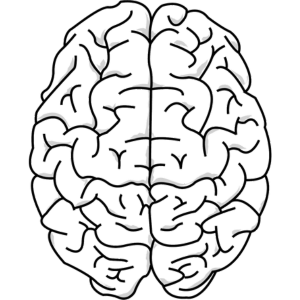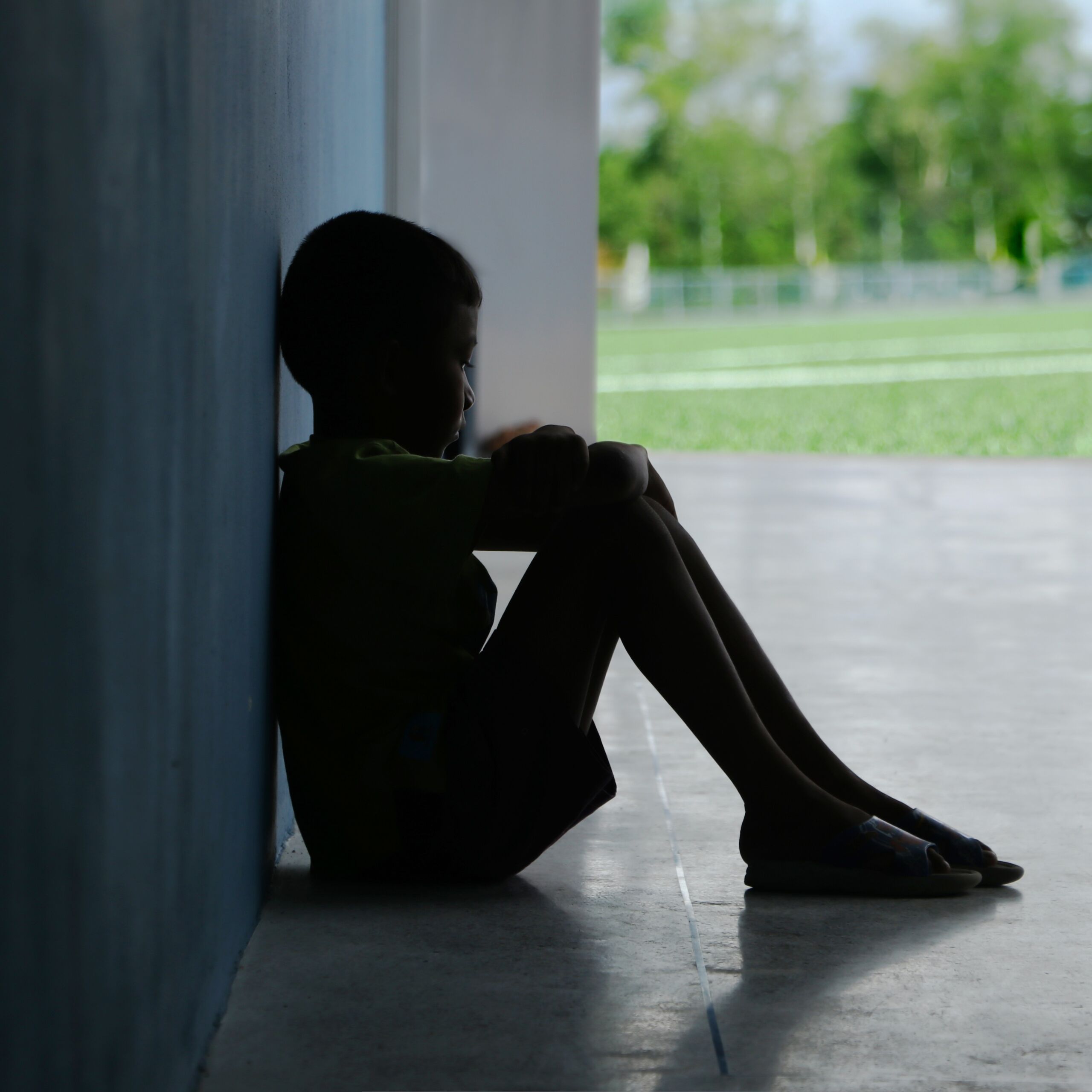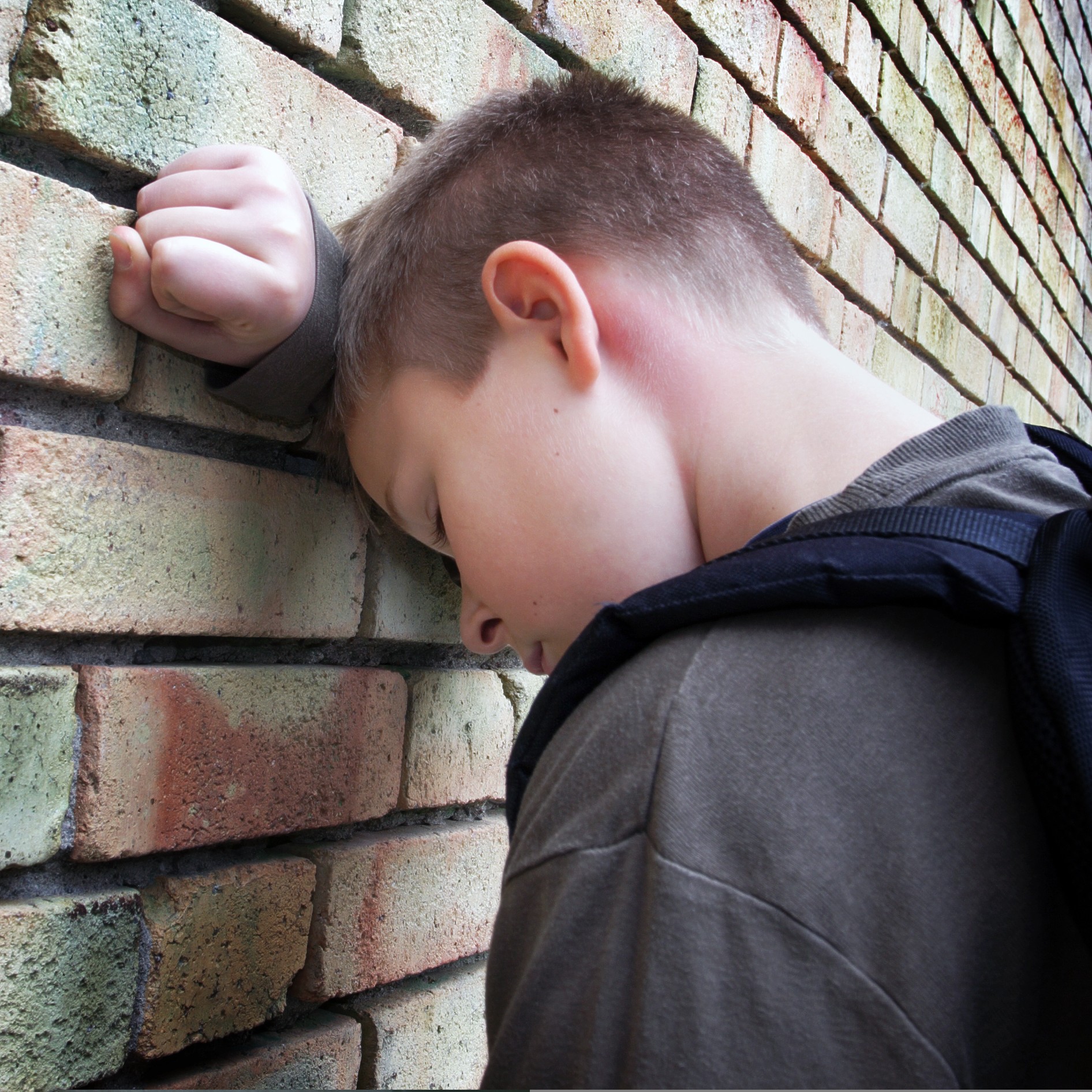Trauma-Informed Care: How Experiences Influence Behaviour
In one way or another, all of our past experiences – including traumatic ones – shape our behaviour in the here and now. To offer the best support to the individuals we care for, we need to recognise how experiences influence behaviour, and understand what effective trauma-informed care looks like. Most importantly, we need to understand what trauma is.
Trauma explained
Trauma is the result of an event, series of events, or set of circumstances that is experienced by an individual as distressing, harmful or life-threatening. We tend to associate the word ‘trauma’ with major events or situations like sexual and physical abuse, being the victim of violent crime, or the death of a loved one, but trauma is, in fact, a much broader term encompassing many different scenarios, such as neglect, bullying or having your feelings continually invalidated. Gabor Maté, esteemed Canadian physician, author and trauma expert, writes in The Myth of Normal,
“Trauma is not what happens to you; it is what happens inside you as a result of what happens to you.”
Whilst they may differ in nature, duration and magnitude, all types of trauma have the capacity to cause serious and long-lasting damage. The enduring and adverse effects of trauma can limit individuals’ ability to thrive mentally, physically, socially, emotionally and spiritually.
Types of trauma
There are three main types of trauma:
• Acute trauma, which results from a single incident
• Chronic trauma, which is repeated and prolonged
• Complex trauma, which is exposure to varied and multiple traumatic events, often of an invasive, interpersonal nature
When an experience has been painful in the past, individuals can respond to similar situations with anxiety. People who have been repeatedly abused, failed, hurt, and humiliated can find it increasingly difficult to build positive relationships. Instead, they may test new relationships to destruction, or sabotage attempts to learn a new skill. This can reinforce their suspicions of new people and new things.
Some individuals may be affected by a fear of failure, which prevents them from taking risks when they are presented with opportunities to learn new skills or form new relationships.
Vicarious trauma: the cost of caring
Working in educational, health, and social care settings, we often support individuals who have been severely traumatised in the past. Over time, repeatedly witnessing individuals’ pain, distress and suffering can impact our own mental health and cause ‘vicarious’ trauma. So, when considering effective trauma-informed care, we also need to be aware of staff and colleagues’ experiences and the kinds of support they might need.
What does trauma-informed care mean?
Trauma-informed care describes an approach to health and social care and education that takes people’s previous experiences of trauma exposure into account when developing support mechanisms. Effective practice requires us as professionals to see beyond an individual’s behaviour and explore the underlying unmet need, so that we can bring compassion and understanding to our daily interactions.
At the heart of trauma-informed care is a commitment to developing strong, trusting relationships between us and the individuals in our care, and to working collaboratively with them to help them overcome any physical, psychological and emotional barriers that their traumatic experiences may have caused. This does not replace specialist care from trained practitioners in this field.
It is about improving the quality of care we provide through clear policy and practice, keeping the safety and wellbeing of individuals in our settings and staff front and centre at all times, and actively seeking ways to avoid re-traumatisation.
Why is trauma-informed practice important?
When we view a person’s behaviour through the lens of previous trauma, it allows us to better understand the reasons behind that behaviour and enables us, where appropriate, to interrupt the cycle of influence. Rather than re-experiencing the feelings caused by the original trauma, we can take steps to collaborate with individuals and create new experiences, thus reducing the likelihood of ongoing behaviour and re-traumatisation.
How our experiences influence behaviour
Everything we experience in our lives – good or bad – leads to thoughts, feelings and emotions that drive behaviours. This often happens on a subconscious level, so we may not even be aware of the link, or connect past trauma with the way we feel and behave now.
For example, if someone has experienced overuse of restrictive practices in the past, they may be incredibly fearful and wary of staff members in our settings. If they think they are going to be restrained when they are in a heightened state, this can lead to intense feelings of anxiety and distress, which in turn cause them to behave in extreme ways, such as lashing out or running away. They are re-experiencing the pain and terror of a past event and automatically responding in a tried-and-tested way to protect themselves.
Or, if an individual has been abused by a man in their past, they might be terrified of interacting with male staff or other men they encounter. Feelings of fear may cause them to shut down or withdraw, and prevent them from forming strong, trusting bonds with those involved in their care.
Trauma is personal
Trauma is different for everyone; how people experience it, process it and behave as a result varies widely from person to person. This underlines the need for an individualised approach to developing trauma-informed policies and practices.
Through understanding that experiences influence behaviour, and by bringing awareness to this, we can take steps to create new experiences and support individuals to move beyond the barriers of trauma.
Author: Nancy Hooper, Team Teach Trainer, Health & Social Care Specialist
Nancy has been working in behaviour support for over twenty-five years across a variety of settings, from community homes to forensic secure services. She works globally developing staff understanding of behaviours to create transformational change across the health, social care, and education sectors.
Looking for additional support with behaviour in your setting?
Please contact us any time to discuss your requirements. We’re always here and happy to help.








